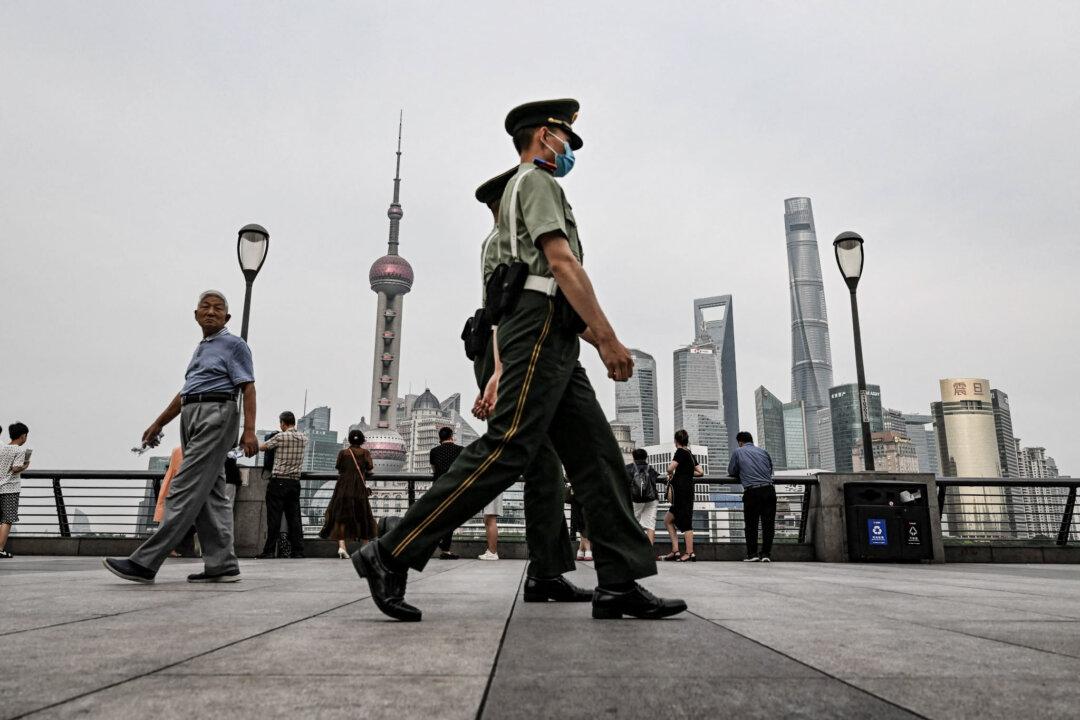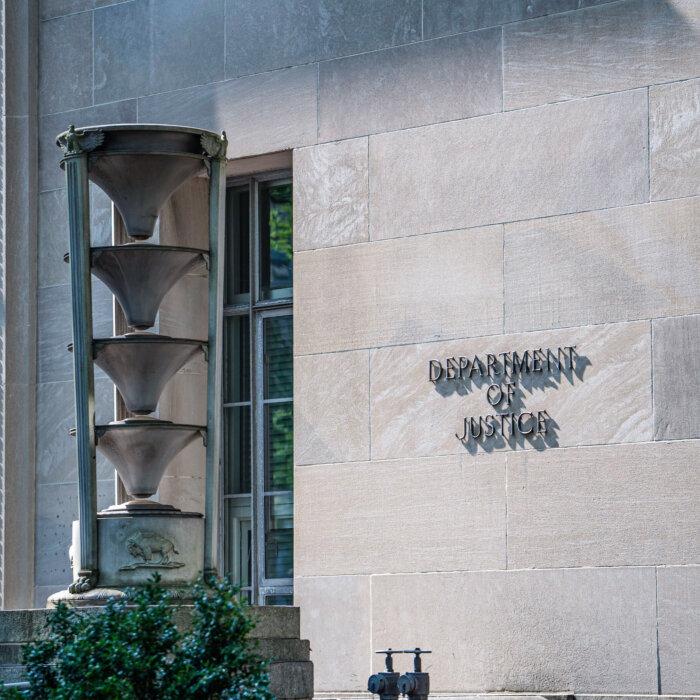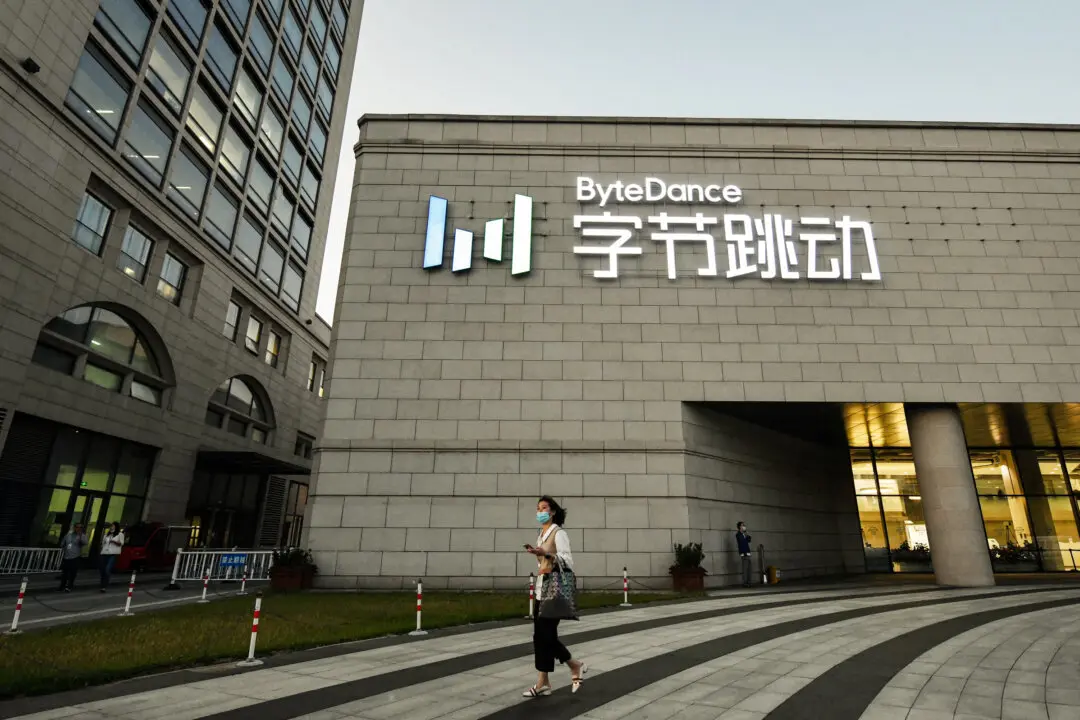The Chinese communist regime’s Ministry of State Security has listed five types of foreign “spies” and urged the Chinese public to point them out and report them to authorities.
Analysts said the regime’s move is aimed at shifting public focus away from China’s political and economic crises.
The ministry published an article titled “Exposing the Many Faces of Spies” on its official WeChat account on May 25, listing five types of identities that it says foreign spies could use. The article has been reposted by major Chinese media outlets.
The five types include “detectives who don’t investigate, scholars who don’t research, businessmen who don’t do business, tourists who don’t sightsee, and lovers who don’t care,” according to the ministry.
The ministry defines the “detectives who don’t investigate” as “those foreign spies who use detective companies and consulting companies as cover” to seek out sensitive information in high-tech fields and military facilities “under the pretext of verifying information and providing paid consultation.”
The ministry described the “scholars who don’t research” as those who frequently visit Chinese universities and research institutes “under the banner of academic exchanges and scientific research cooperation” to collect sensitive information and core technology.
The “businessmen who don’t do business” refers to “foreign spies pretending to be influential businessmen, using the guise of investment and cooperation, and using money and emotional seduction to carry out defection,” according to the ministry.
The “tourists who don’t sightsee” refers to those “foreign agents who enter China under the guise of sightseeing, visiting relatives and friends, and conduct surveying and on-site search activities near military facilities and sensitive areas on their own or by inducing Chinese personnel.”
As to the “lovers who don’t care,” the ministry said that foreign spies approach Chinese students studying abroad and develop romantic relationships with them or use online dating to turn them.
In addition to the five categories, the ministry said, “foreign spies may also disguise themselves as journalists, visa officers, non-governmental organization staff, and other identities.”
The ministry told the Chinese public to “be vigilant” and to report these so-called foreign spies and suspicious activities “in a timely manner to state security agencies.”
Lai Jianping, former Beijing lawyer and president of the Canada-based Federation for a Democratic China, told The Epoch Times on May 26 that the Chinese communist regime itself does exactly what it warned of in the article.
“The spies [the Chinese regime] sends to all parts of the world are truly omnipresent,” Lai said, noting that the agents working for the Chinese regime include “those sent from China and those hired locally, both Chinese and Westerners, and they come from all kinds of different professions.”
There have been increasing reports of Chinese expats and students stealing information and spying for the Chinese regime in the West, especially in the high-tech sector and around military facilities.
“So the Chinese authorities think that the whole world, including those democratic countries, is acting the same as the Chinese rogue regime,” Lai said.
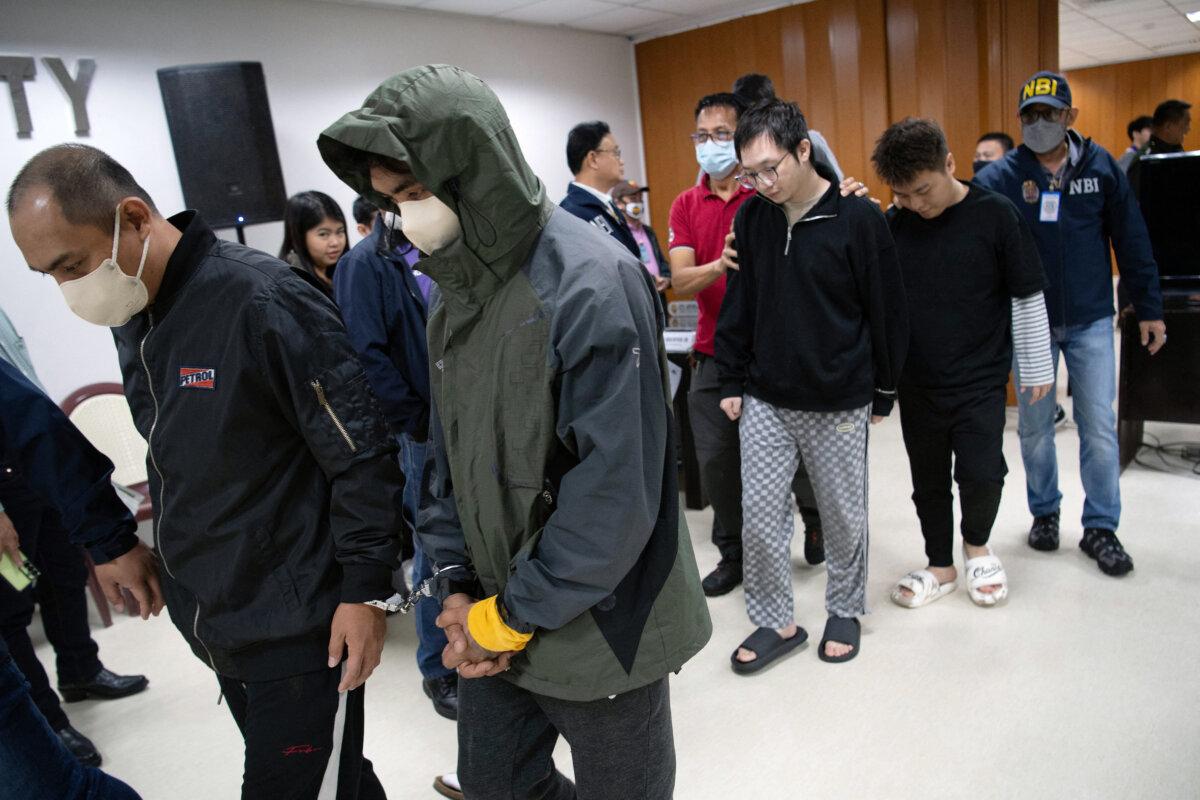
Lai said the ruling Chinese Communist Party (CCP) suspects that anyone coming from outside is a spy, and coerces all Chinese citizens to work for the Party to catch the so-called spies in order to maintain its authoritarian rule.
He said the Ministry of State Security’s purpose in publishing such an article on so-called foreign spies is to “isolate China from the world and make Chinese people fall into a state of panic about national security, and inspire everyone to be vigilant and even hate outsiders.”
It will produce “a chilling effect,” Lai said, as the spy-catching push “will make the Chinese people fall into mutual suspicion, mutual denunciation.”
“Everyone feels that they are in danger,” he said.
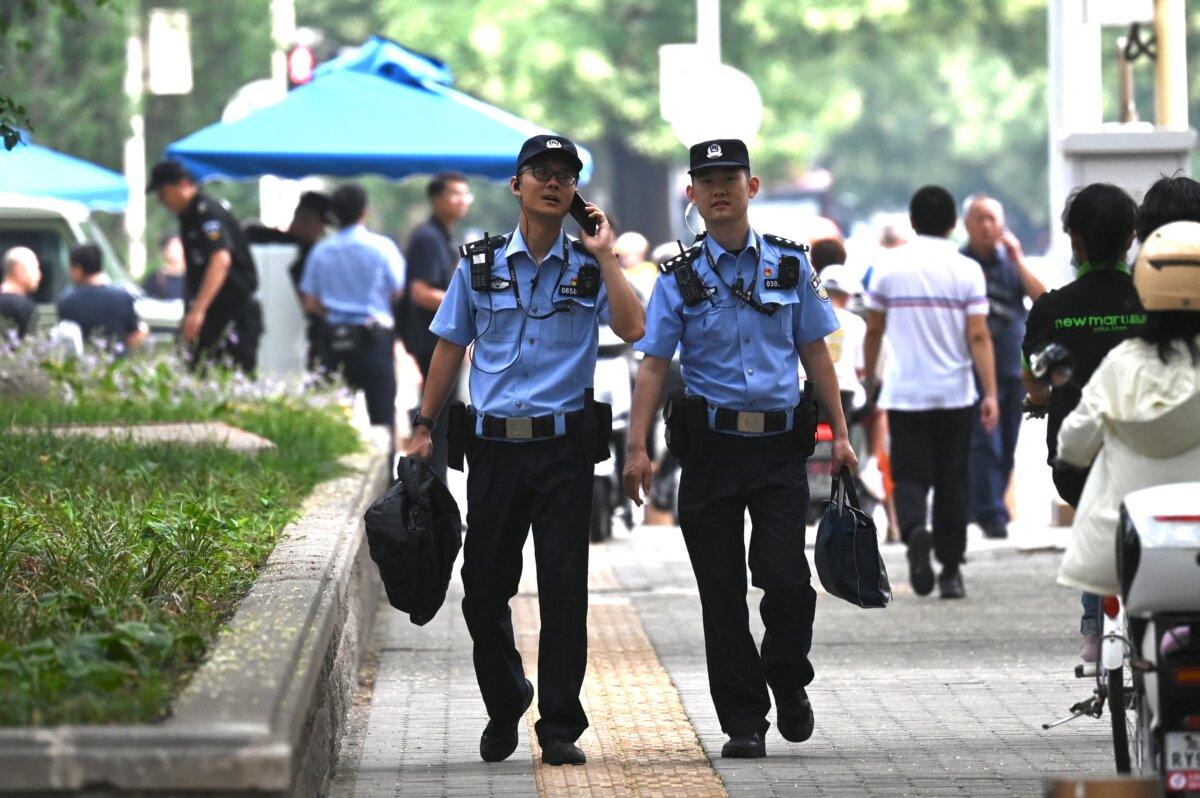
Reminiscent of Mao’s Era
The Chinese regime is not really trying to catch spies, but to create fear in Chinese society, said Sheng Xue, vice chair of the Federation for a Democratic China and a Chinese Canadian writer.“Because one of the most important principles of the CCP’s rule is based on fear, as it’s essentially a terrorist rule, they are trying to intensify this fear in society,” she told The Epoch Times on May 26.
She said the ministry’s article includes journalists, tourists, businessmen, scholars, romantic partners, nongovernmental organizations, and many other groups “to make people immediately feel hostile, resistant, and vigilant against any foreigner or Chinese returned from the outside world, treating anyone who has any contact with the outside world as an enemy.”
“In Mao Zedong’s era, they always did this,” she said.
Mao Zedong was the leader of communist China from 1949 until his death in 1976. During Mao’s era, the CCP locked down the country; opposed anything foreign, Western, or democratic; and launched back-to-back mass political movements to purge “enemies” from within, forcing Chinese people to watch, report, and denounce each other, including family members.
Sheng said communist China is now very isolated internationally, as its aggressive expansion of political and economic influence has kept other countries on edge.
“The CCP undoubtedly feels such pressure, so they try to bind the Chinese together with it to treat the outside world as an enemy,” she said.
Another reason for the spy-catching propaganda, she said, is the fact that the CCP is trying to shift people’s focus from its current political and economic crises.
“The CCP needs to divert attention from the serious internal economic downturn, the people’s discontent, social anxiety, youth unemployment, capital outflow, and other problems,“ she said. ”So it constantly uses the so-called national security or the so-called people’s safety to set up a target, which is foreign hostile forces, to shift social conflicts outward.”
